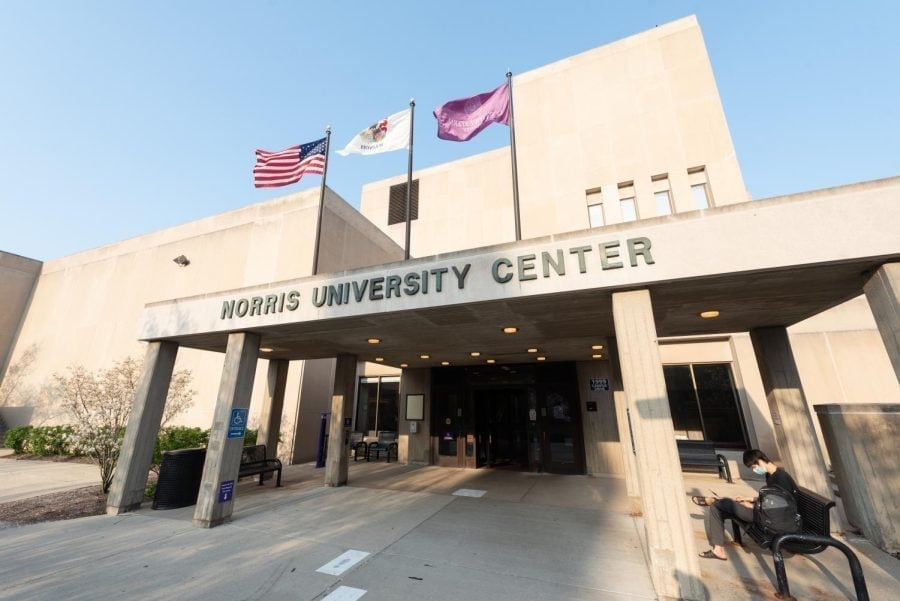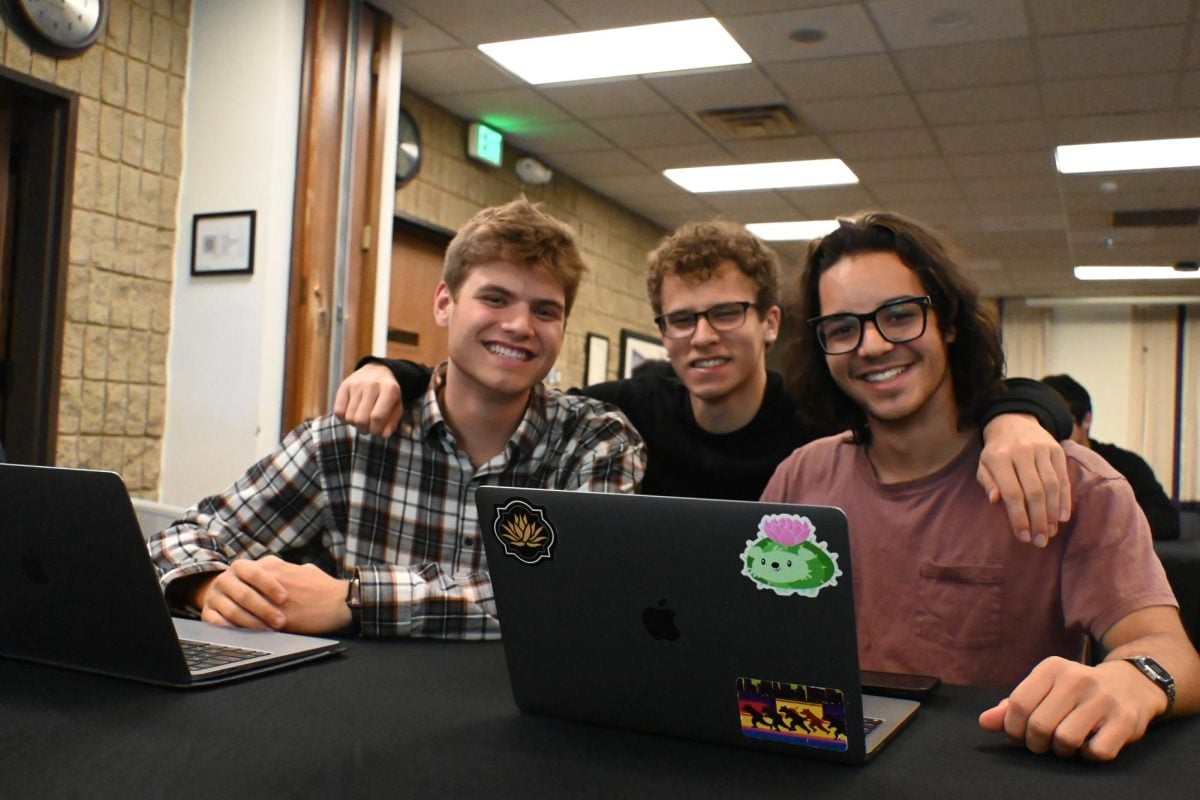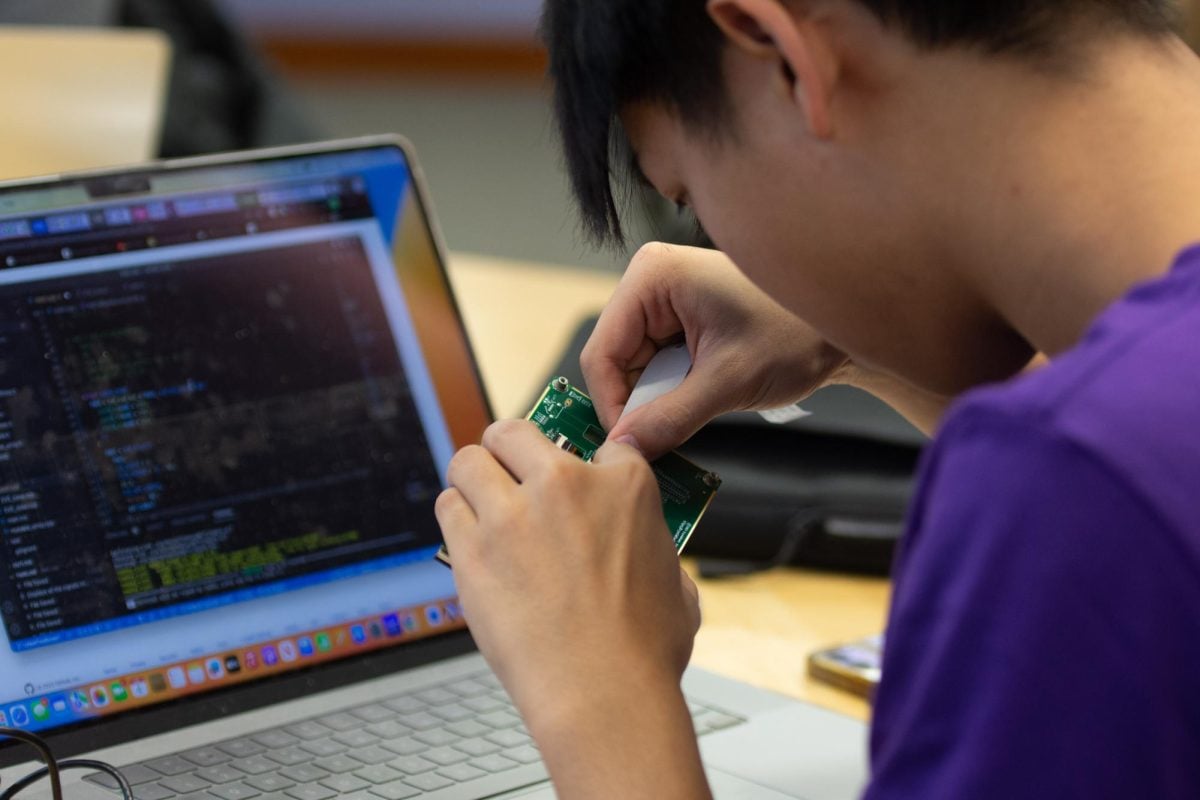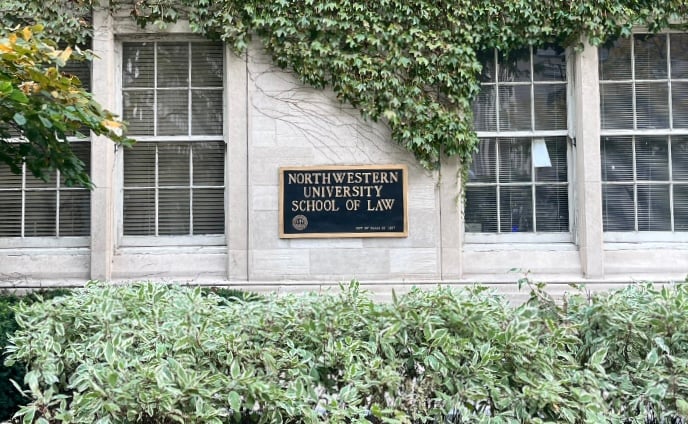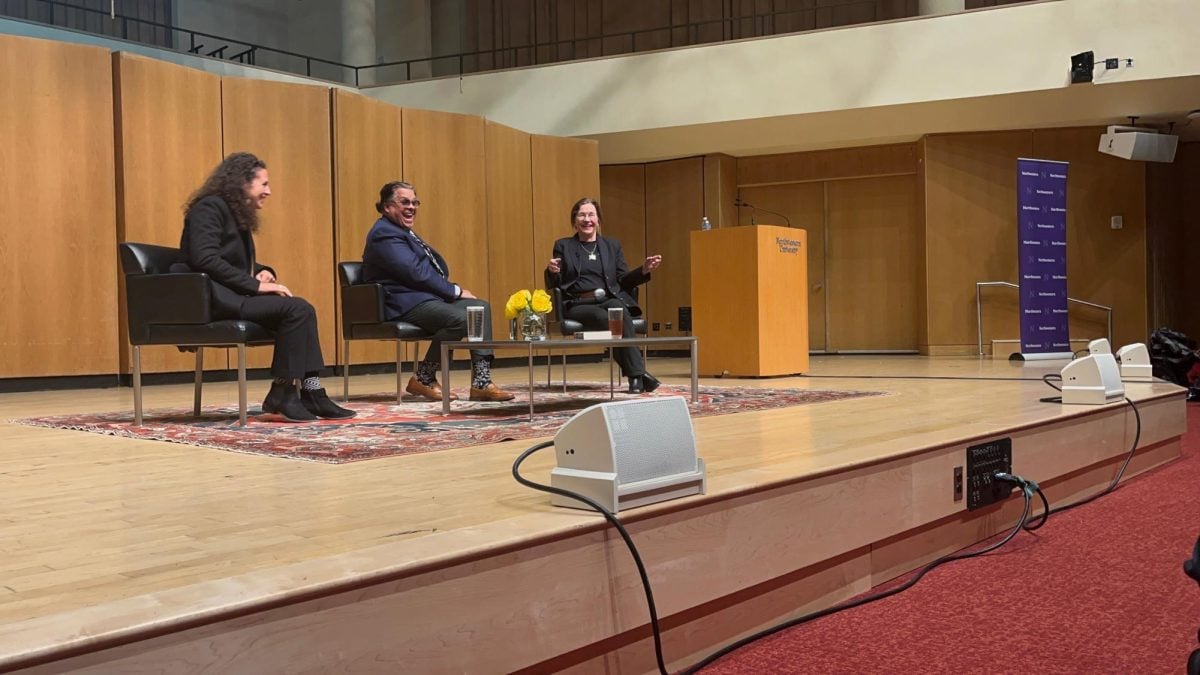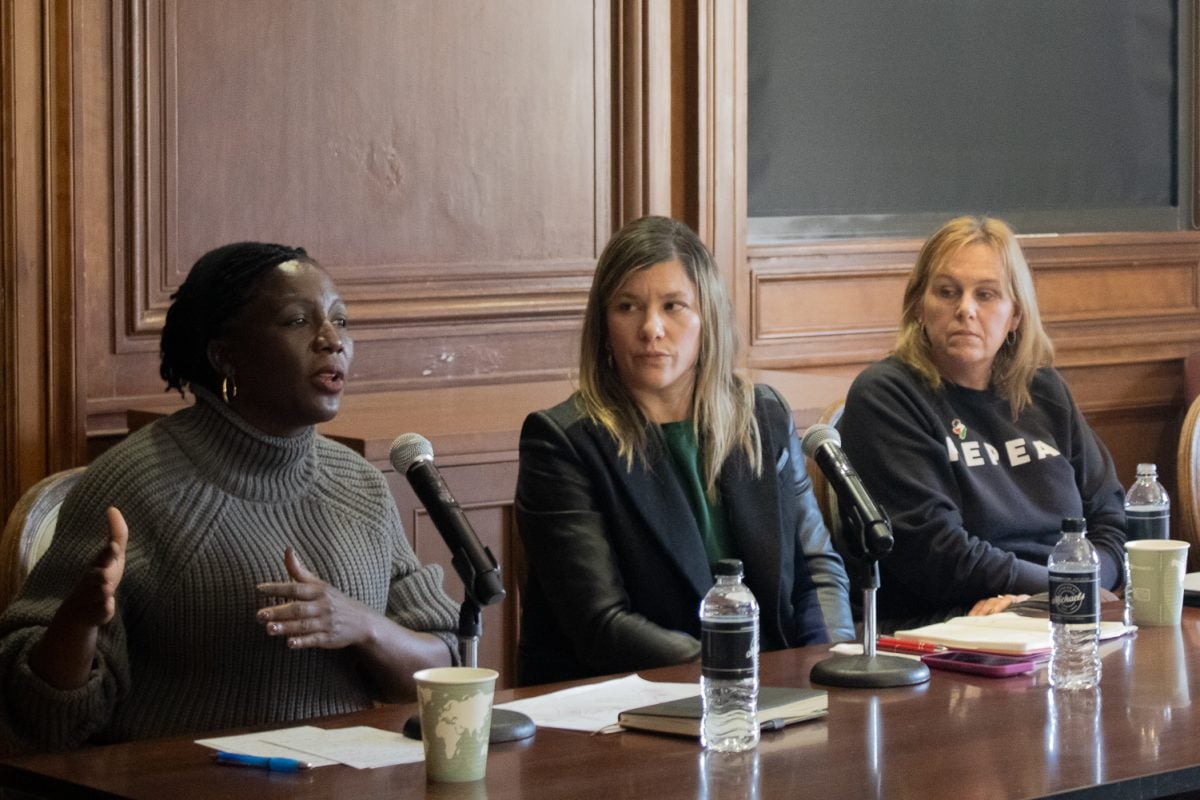A talk held Monday night at the Northwestern Women’s Center addressed healthy and unhealthy relationships, stalking and intervention tactics.
Women’s Center counselor Sara Walz said the purpose of the discussion, titled “How to Talk to a Friend about Relationship Violence,” was “to support peers, support the community.” She said she hoped the event would “build awareness” and “give people tools and language to keep the topic from being so silent.”
Walz and a clinical intern touched on many aspects of relationships. An emphasis was made throughout the discussion that either gender in any kind of relationship, for instance a man-man relationship or a woman-man relationship, can experience relationship violence.
Signs of an unhealthy relationship were discussed in detail. The types of abuse that can create an unhealthy relationship vary from academic abuse to sexual abuse, all of which can be harmful to people in those relationships. The speakers also discussed ways to identify healthy relationships, such as by recognizing respect and communication.
The speakers also discussed stalking and tactics to battle it. Thirteen percent of female college students have been victims of stalking, according to a packet provided at a talk. The facilitators pointed out Illinois-specific stalking laws and suggested creating an incident log as a means to handle those situations. Having an incident log allows people of any gender to provide specific evidence to the police when the stalking is reported, facilitators said.
The talk was geared toward building awareness on handling discussions with friends who are experiencing relationship violence or stalking. Intervention strategies discussed involved telling a friend with a relationship problem or a violent incident that the occurrence was not his or her fault. Facilitators emphasized that often victims internalize the blame about the incident or the relationship violence on themselves.
Walz told The Daily after the discussion that turnout at similar events varies, but it tends to stay around 10 people, which provides a comfortable space to discuss issues such as relationship violence. Walz also said she was pleased with how the discussion panned out.
“We want to create safety for the participants,” Walz said.
Editor’s note: Confidentiality is a key component of the talks held at the Women’s Center. Individual names and specific references to what was said by people present were left out of this story.
Email: [email protected]
Twitter: @news_BaileyW
